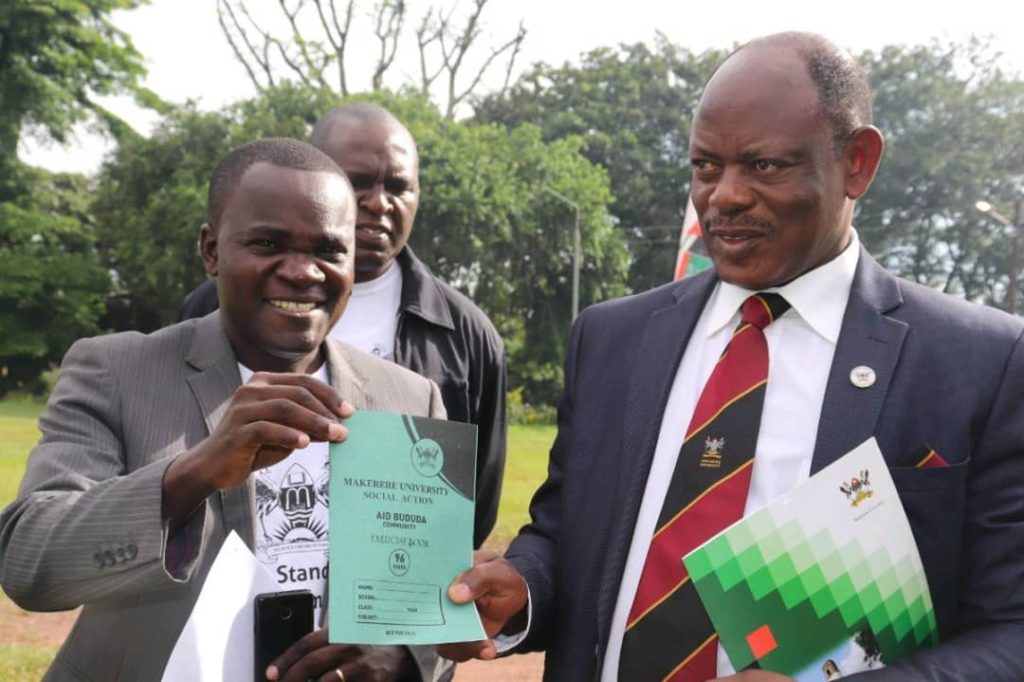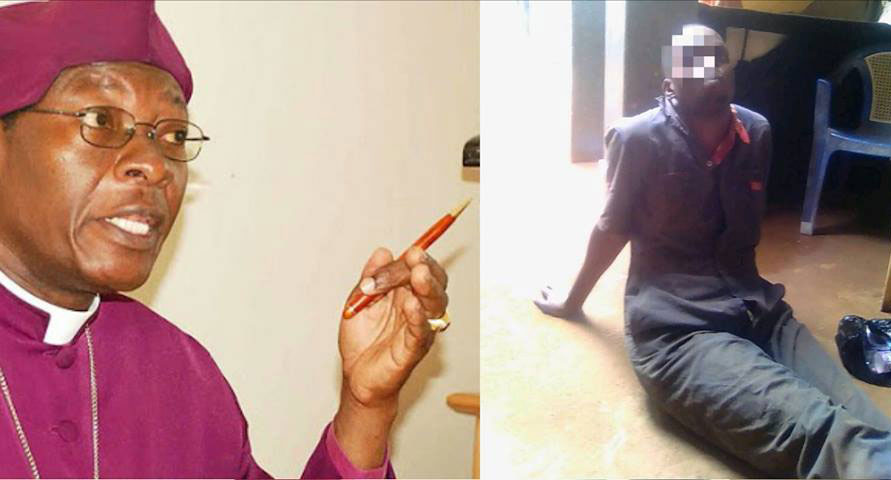Online shopping
Follow these top tips to shop safe online this Christmas:
- Make sure a website is authentic by carefully checking the address is spelled correctly. Ideally, type it in rather than clicking on a link in an email, text or post. It’s easy for scammers to set up fake websites that are very similar to the real thing.
- Make sure payment pages are secure by checking that addresses begin with ‘https’ (‘s’ is for secure) and there’s a closed padlock in the address bar. The https and closed padlock mean that the page is secure, but the site could still be operated by fraudsters.
- Social media sites/apps and online forums are a popular place for advertising gifts, tickets and holidays. Many are genuine, but you need to be aware that others are fraudulent. Be extra vigilant about checking that such ads are authentic.
- However desperate you are to buy that late present or an item that’s in short supply, don’t pay for it by transferring money directly to people or companies you don’t know. If it’s a fraud, your bank may not be able to recover or refund your money. If you can, pay by credit card. The same goes for holidays, travel and tickets.
- Log out of the web page or app when payment is completed. Simply closing it may not log you out automatically.
- Don’t knowingly buy fake or counterfeit goods and do all you can to make sure brands you do buy are genuine. Fakes are of inferior quality, contravene copyright law and affect the livelihoods of workers who make the real thing. They can also be unsafe in use.
- ‘Low-cost’ or ‘free’ trials can cause problems if you don’t read the small print and look for independent reviews. Whether they’re for the latest handset or slimming pills, you could be signing up for large monthly direct debits which are very hard to cancel.
- Learn how to spot fraudulent emails, texts or DMs, or fraudulent offers on social media. At this time of year, emails and other messages featuring ‘special offers’ and ‘prizes’ are commonplace. Don’t click on links in emails, texts or posts that you’re not expecting, and don’t open unexpected email attachments.
- Text messages and emails purporting to be sent by home delivery firms are also on the increase, commonly informing you that there’s a charge for re-delivering a parcel, or a shipping fee to be paid. However, busy you are or how much online shopping you do, keep a record of everything you buy and, if possible, which parcel delivery firm the retailer is using.
Scams are when criminals use lies and deceit to fool you into parting with your cash. You usually get nothing in return and lose your money. Scams are getting more sophisticated and difficult to spot so it’s important to know what to look for.
Spotting a scam
There are some signs that should set alarm bells ringing whenever you see them. Always be wary of the following situations:
- Something which sounds too good to be true normally is
- If you are contacted unexpectedly by a company
- If you have been asked for personal or bank information
- If you aren’t given long to make a decision or you feel pressured into making one immediately
- If you’re asked to pay anything up-front and the only contact details are a mobile number and a PO box address
- If you’re called repeatedly and kept on the phone a long time
- If you’re asked to keep quiet
Be aware that banks, building societies, utility companies, lottery organisers, law enforcement or statutory bodies will never:
- Ask for payment in vouchers
- Ask you to transfer money over the phone to a different account
- Ask for any part of your pin code
- Ask for remote access to your computer or mobile device
- Ask for money for a ‘free gift’, ‘admin fee’ or as part of a promotion
- Threaten to arrest you over the phone, in a letter or email for not paying a fee
- Ask you to go to the bank or building society to transfer money
If in doubt, apply the ‘scam’ test:
S – seems too good to be true
C – contacted out of the blue
A – asked for personal details
M – money is requested
Child Sexual Exploitation
Make sure you know who your child is talking to online this Christmas.
Spot the signs. Stop the harm.
Are they:
- Being very secretive about how they’re spending their time, including when online
- Distancing themselves from friends and family
- Speaking about someone you’ve never met
- Spending more or less time online or on their devices
- Being upset, withdrawn or distressed
- Demonstrating sexualised behavior, language or an understanding of sex that’s not appropriate for their age
If you notice any of these behaviors in your child and are worried for their safety, Police are here to help you. You can contact us by phoning 112 or 999 in an emergency.
HOME SECURITY
This Christmas we want everyone to feel safe and secure in their home.
Most burglaries are opportunistic and there are simple precautions you can take to protect your home and belongings:
- Close and lock all doors and windows
- Keep gifts and expensive items out of view
- Mark valuable items in your home with your postcode and house number
- Don’t keep large amounts of cash in your home
- Consider installing a home security system. Set your alarm when going out and at night time.
- Leave a front room or bedroom light on if it will be dark before you get home. Consider
- security lights. To a burglar a dark house is an empty house
- Always check who is at the door. Not sure? Don’t open the door
- Always keep sheds and outbuilding locked and secure ladders
- If you notice suspicious activity or vehicles in your local area, make a note of relevant information – including vehicle registrations – and contact police straight away on 112 or 999 in an emergency.
ROAD SAFETY
Everyone has a responsibility to use the roads safely whether you are a driver, pedestrian, cyclist, biker.
There are simple things you can do to help keep our roads safe:
- Reduce your speed – especially in wet or icy conditions
- Never drive after drinking alcohol or taking drugs
- Pay attention – don’t be tempted to reach for your mobile phone
- Always wear a seatbelt
If you are out walking, cycling or horse-riding then please remember that to be safe you need to be seen, during the day and at night.
- Wear fluorescent clothing or accessories by day and reflective by night
- Cyclists must have front and rear lights lit between sunset and sunrise
- Riders should also consider reflective bands for your horse and lights for your arm, leg or riding boot
The rainy weather can make using the roads more challenging. Consider the following to make sure you are ready for the road:
- Tyres must be in good condition. A defective tyre could result in catastrophic consequences.
- All lights must be clean, working and correctly adjusted. Remember to use dipped headlights when driving in poor weather. Our advice is that if your vehicle wipers are switched on, so should your dipped headlights.
- If you have fog lights, use them when the weather is foggy, but remember it is illegal to use these lights at other times. Defective lights, or illegal use of fog lights, can result in a penalty notice.
- Windscreen wipers should be in good condition and the washer reservoir should be regularly topped up with a good windscreen wash solution and all windows must be clear of frost before setting off.
- Listen to the weather and travel advice on the news and if needs be, leave extra time to ensure you and your vehicle are properly prepared for any journey.
Please stay safe over the Christmas period and have respect for other road users. We will be on patrol across the road networks and in communities to help keep everyone safe.
SOCIALISING SAFELY
Safety advice for festive nights out.
Police are working with the local hospitality sector and enforcing the night curfew to create safe social spaces for everyone during the festive season.
You can help us to keep you safe by:
- Planning your day or till 7pm, including how to get home.
- Staying with your friend group and arranging a meeting place for the end of the day if you become separated.
- Drinking responsibly and knowing your limits.
- Being respectful of others.
- Telling your friends or family what your plans are and updating them if your plans change.
- Making sure you have enough money to pay for your journey home.
- Taking only the personal items you need out with you.
- Keeping valuables out of sight.
- If you feel very drunk or unwell after just a small amount of alcohol then ask a trusted friend or a member of staff/security for help and contact police immediately.
Sexual violence
Sexual consent is giving permission for sexual touching or activity without fear, force, fraud whilst having the capacity to do so.
Your body belongs to you and only you can decide what to do with it. If someone wants to touch you sexually they need your consent.
In law, someone gives their consent when they agree by choice and have the freedom and capacity to do so.
Consent is also about listening so that you can hear and understand when someone has given their permission and provided true consent or withdrawn their consent through their actions or words.
Everyone has the right to give, refuse or withdraw their consent for any sexual activity at any time.
Sexual assault is when a person intentionally touches another person. The touching is sexual and the person does not consent to being touched, so it can take many forms and there does not have to be violence involved.
If there’s any doubt about whether someone is too incapacitated to give consent, assume they haven’t. If they haven’t consented and you still have sex with them, it’s rape.
All sexual touching without consent is a crime.
Spiking
Spiking is where alcohol or drugs are added to someone’s drink without their knowledge. Incidents can at times go unreported due to embarrassment or memory loss. Alcohol is the most common substance used to spike drinks.
It can take only minutes for someone to feel the effects of being spiked. Memory loss can be a side effect of many of the drugs used to spike drinks. Many victims are unaware of what has happened to them and have very little memory of the incident, if any at all.
The best way to protect yourself and your friends from being spiked is to be aware of what you consume and never take a drink that you haven’t seen being prepared in front of you. Never leave your drink unattended, even for a moment.
Some drugs are particularly dangerous when mixed with alcohol because they combine to have a very powerful anaesthetic effect. These drugs can come in different forms and do not always have an unusual taste or smell.
Advice
- If you start to feel strange or feel that your drink has had more of an effect on you than it should have, get help immediately.
- Never leave your drink unattended and, if you can, keep an eye on your friends’ drinks.
- Be careful about accepting a drink from someone you do not know.
- Think about drinking bottled drinks and avoid sharing drinks.
- Always make sure you know how you are getting home and only use reputable means of transport. Where possible have your taxi home booked in advance.
- If you think your drink has been tampered with, don’t drink it – tell a trusted friend/ relative and police as soon as you can.
- If you see suspicious activity report it to staff or Police.
- If alone, call someone you trust and get to a safe place. If you need urgent help, call 999.
- Be wary of accepting help from a stranger.
- If you feel unwell, someone you trust should take you to your nearest hospital and tell the medical staff that you think you have been spiked, being sure to arrange for a trusted friend or relative to take you home and, if necessary, stay with you until any drugs leave your system.
- Regarding the offence of spiking by injection, be aware of any sharp, sudden pains, and if you do experience this, check the affected area for an injection site. Tell someone you trust or a member of staff/security and report to Police. If you need urgent help, call 999 immediately.
Be vigilant if you’re drinking with strangers
If someone appears to be over-friendly and eager to get you to drink, be vigilant.
If you get separated from your friends, , let them know where you are.
If you happen to meet new company and they ask you to go on somewhere else, introduce them to your friends and tell them where you’re going.
Look out for each other
If you’re out with a friend or group look out for each other. If a friend appears unwell, dizzy or incapacitated, stay with them, seek medical help and contact police straight away.
We are working to keep you safe
The Police take reports of spiking incredibly seriously.
We are continuing to work closely with bars and clubs to make them as safe as possible.
We want to make sure that potential perpetrators know that we will robustly investigate confirmed drink spiking incidents through the examination of CCTV and use of all available evidential opportunities.
Timing is a key factor in a criminal investigation into reports of spiking. The substances used can metabolise out of your system very quickly, leaving no trace. This is why it’s incredibly important to notify police as early as possible.
Anyone who believes they have been the victim of drink spiking should seek medical advice and make a report to police as soon as they can by contacting 112 or 999 in an emergency.
Information has been published on symptoms of drink spiking to look out for, along with tips on how to help someone who may have been spiked.
THEFT PREVENTION
If you are out and about this Christmas there are simple steps you can take to reduce the chance of being a victim of theft:
Be aware and vigilant of your surroundings and the people around you. Pay particular attention to your valuables if a stranger talks to you, bumps into you, offers you something or tries to distract you.
Only carry what you need and don’t carry large amounts of cash.
If you are using an ATM, be aware of who is around you. Conceal your pin number as you input it and put your card and cash away safely before leaving the ATM.
If you notice anything suspicious about the ATM or you feel uncomfortable with any of the people standing near by, do not use the ATM.
Keep all valuables out of sight.
Keep your house and car keys in your pocket, rather than in your bag.
If you are carrying a handbag, make sure it is securely fastened and carry it in front of you. Wallets should be carried in front pockets.
MOBILE DEVICE SECURITY
Never leave your mobile device unattended.
Set up a password or enable the PIN security feature of your mobile device.
Property mark you mobile device.
Report lost or stolen mobile phones immediately to the service provider.
SHOPPING SAFELY
Police are working with local retailers to ensure a safe shopping environment for everyone this Christmas. To help us keep you safe you should:
- Be patient and respectful of staff, other shoppers and their space.
- Be mindful of your personal belongings, keep them secure and only carry what you need.
- If you are carrying a handbag or wallet, make sure it is securely fastened and carry it in front of you or in a front pocket.
- Be vigilant and try not to be distracted in large crowds or busy spaces.
- Do not leave purchases on display in your vehicle. Store all purchases out of sight and ensure your vehicle is locked. Park in a well lit area or attended car park.
- Report any suspicious activity to us on 112.
DOMESTIC ABUSE
Everyone has the right to feel safe in their own home.
Domestic abuse is never acceptable.
We know that incidents of domestic abuse can increase over the Christmas period.
If you or someone you know is suffering from domestic abuse, please contact police on the non-emergency 112 number or 999 in an emergency. We are here for you if you need us.
















